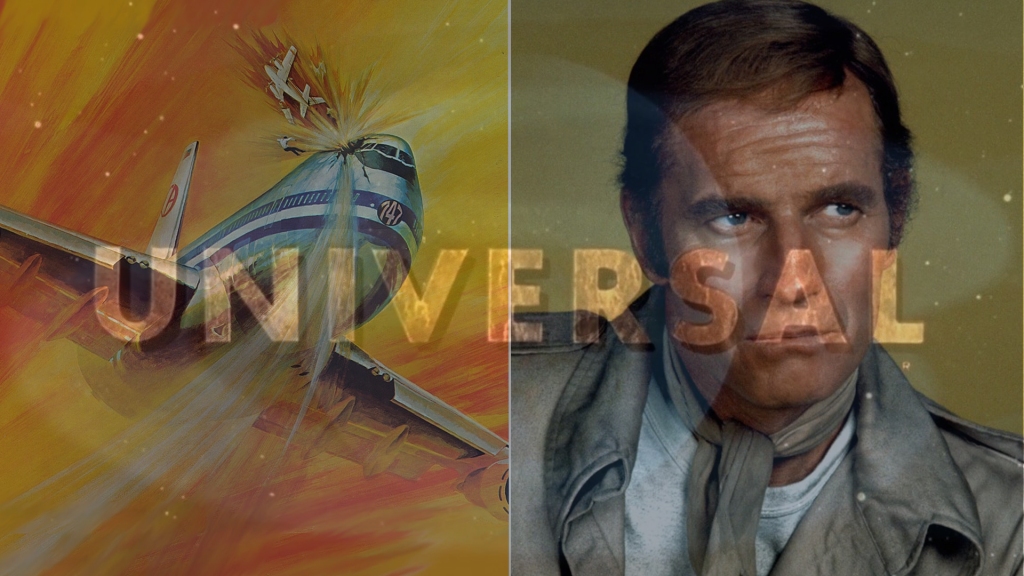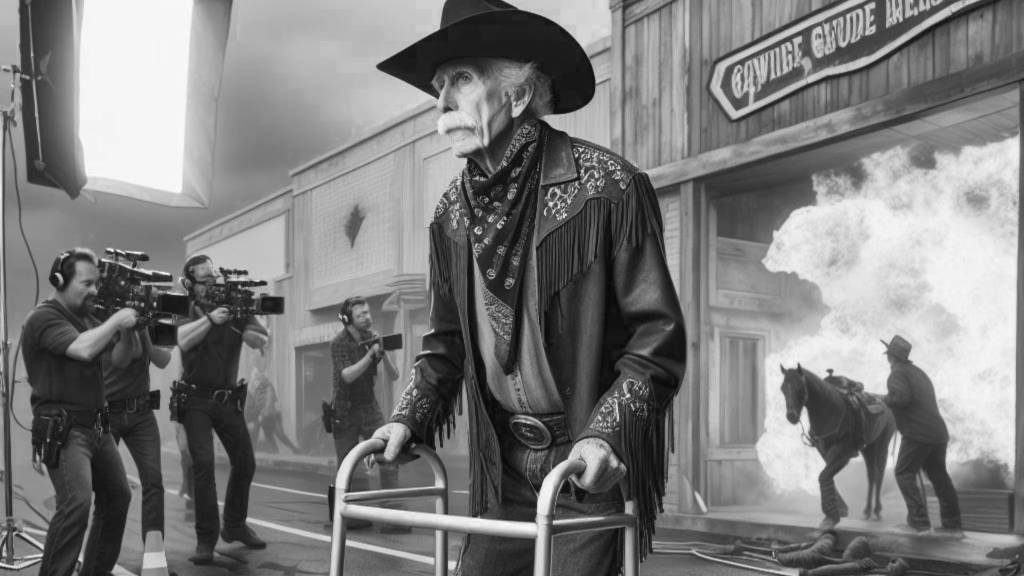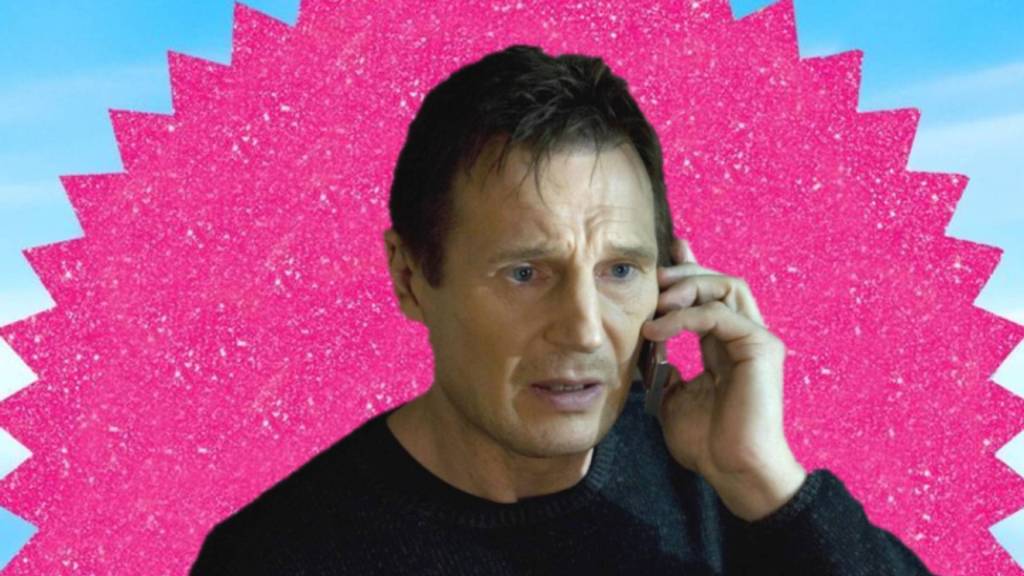

All throughout his career Michael Haneke has been busy putting a scalpel to the wealthiest classes and flaying them methodically – layer after layer – to expose their flesh and the intricately woven network of delicate cardiovascular vessels pumping their azure blood. However, while doing so he has also been struggling with his own perspective and, hence, some of his work may give an impression that he has been engaged in this delicate surgical work whilst mounted atop a high horse of immovable moral authority. This is not the case here. Released in 2005, Caché proves unequivocally that at least for the moment Haneke was able to dismount and deliver his most cunning experiment in deconstructing the bourgeoisie, thus proving to be the pinnacle of his filmmaking career in my view.
The basic premise upon which this torturous experiment is founded seems to draw at least partially from David Lynch’s Lost Highway in that the inciting element upsetting the status quo of the protagonists’ lives, portrayed formidably by Juliette Binoche and Daniel Auteuil, involves a terrorist voyeur. They receive mysterious notes and video tapes containing footage recorded outside their house, which they immediately find threatening and deeply upsetting. Thus, Haneke invites them – and the viewer – on an adventure to figure out who’s behind all this and why. But let’s not forget that Haneke is not Alfred Hitchcock and the promise of a suspenseful treasure hunt is a misdirection aimed equally at the characters and the audience; that’s because neither they nor you will ever find a satisfying, familiar or expected conclusion to this mystery. In fact, if you come away disappointed and infuriated by the fact Haneke denied what you thought you deserved, you may have missed the point of the movie altogether and unwillingly might have joined the protagonists in illustrating the problem Haneke was interested in exploring instead.
Caché isn’t a mystery with a Hollywood ending where the identity of the villain is unveiled and where the trail of breadcrumbs leads to an organic resolution or some form of a third-act twist. No! This movie is about the sense of entitlement wealthy people are born into and the fact they don’t even notice it. Haneke assumes a rather parental perspective on this issue and proceeds much the same way a father would if he wanted to teach his child a valuable lesson about the importance of something the child has been taking for granted. This is done simply by calmly, methodically, and in this case mercilessly removing access to that very thing. That’s what this entire film is – an experiment in denying the characters and the viewers what they think is somehow owed to them.
As a result, Caché fulfills perfectly the definition of a horror, as it is explicitly designed for the viewers to inhabit the headspace of the protagonists and end up dragged well outside of their comfort zone into the world of omnipresent dread and impending doom, which hangs over everyone’s heads akin to the sword of Damocles held by a single hair. Interestingly however, Haneke’s idea of a horror is a bit more upsetting exactly because the sword never comes down on our heads and thus, we are denied the familiar catharsis. In fact, he anticipates our frustration and leaves us alone with our thoughts while the narrative fizzles out without reaching any sort of conclusion. This frustration derives from the entitlement Haneke wants to draw our attention to. And now that we are armed with this knowledge, he wants us to sit back down and think about the movie we have just seen and the characters we have shadowed for the best part of two hours a bit differently. We are asked to look past the mystery, the video tapes, the creepy drawings and all that, and find out why the lives of our protagonists have come apart so tragically. That’s because they thought their lives were safe. They thought they could store skeletons in their closets and eventually forget they were even there in the first place. They were accustomed to people opening doors when they knocked on them, just as they were used to getting answers when they asked questions. And Michael Haneke taught them a lesson. He devised a cruel experiment involving inexplicable terror and a sense of besiegement in order to teach us we are not entitled to anything. Life is brutal and chaotic and sometimes we are not going to understand what’s happening to us, why our lives are unravelling and who is pulling the strings, or even if there is anyone behind the curtain orchestrating our suffering.
That’s what Caché is. It is a masterclass of balance, subtlety and restrained cruelty on behalf of the filmmaker who has spent his entire life building up to this moment. It seems as though all of his preceding movies were merely stepping stones to finally devise the most cutting and unrepentantly frustrating artistic installation inside which he would successfully nest his anxieties, observations and moral guidelines. It is a feral attack at the ivory towers of excess and detachment in which the upper classes have locked themselves and – one can only hope – would eventually lead to their rude awakening.




Leave a comment